
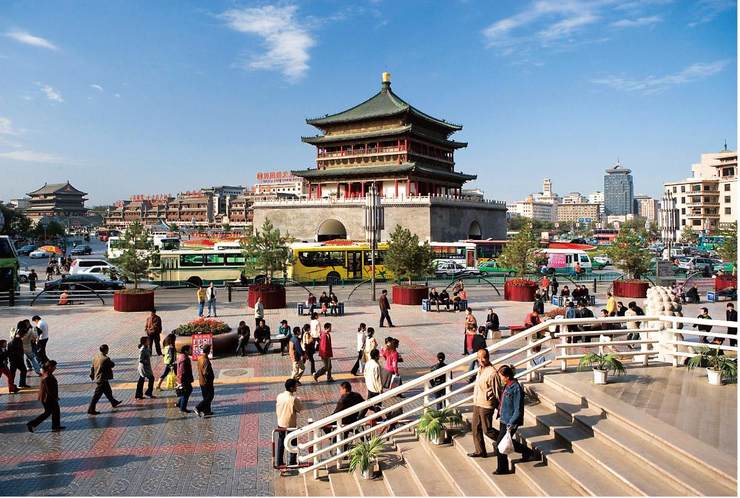

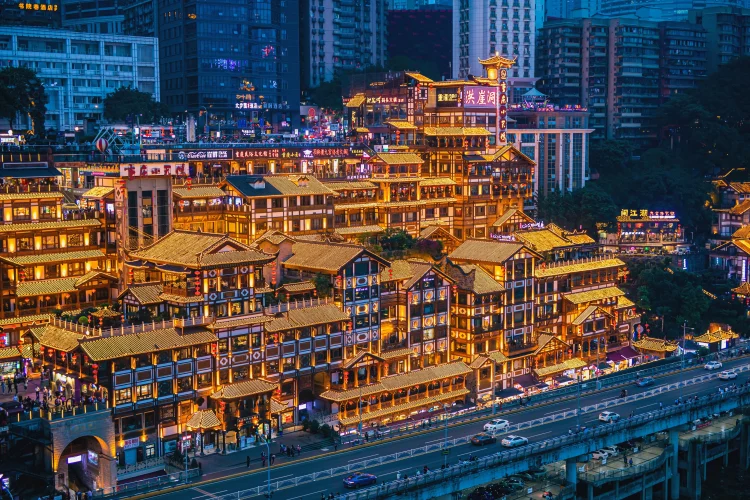
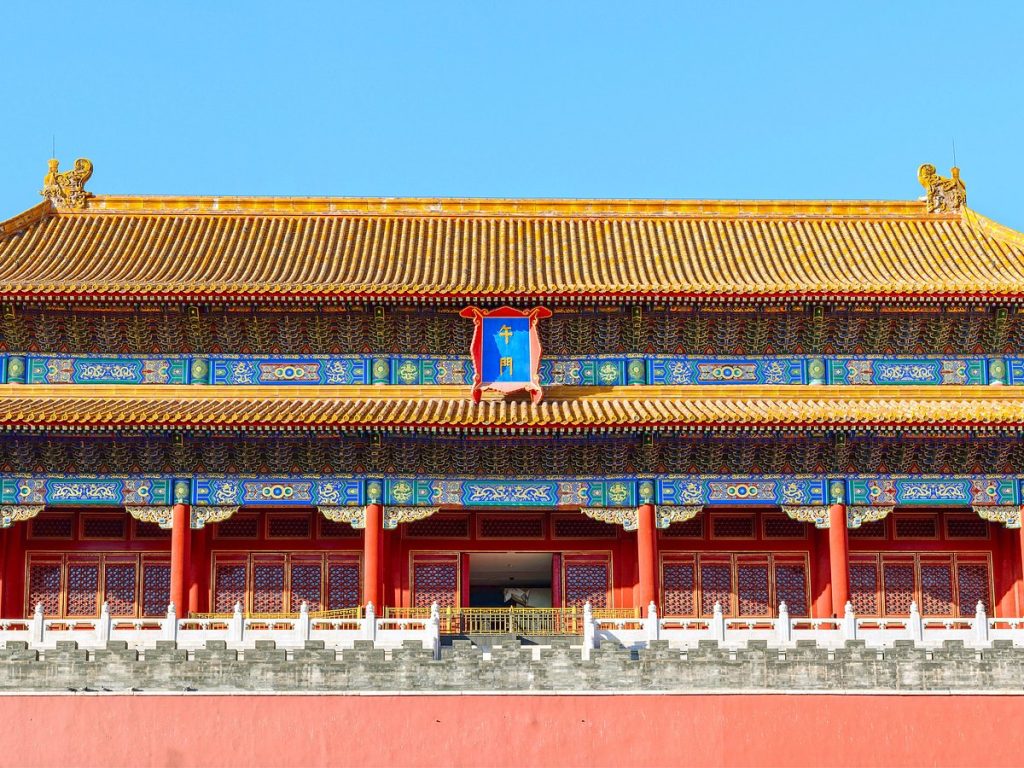
For tourism, you need to apply for an L visa, which is suitable for sightseeing, visiting relatives, or handling short-term personal matters.
China offers 72/144-hour visa-free transit for certain countries (such as many European and American countries) or specific regions. Confirm the details through the Chinese Consular Services website (https://www.chnembassy.org) or the official website of the Chinese embassy or consulate in your country.
Required Documents:
Process: Online appointment → Submit documents → Pay fees → Wait for approval (usually 4-5 working days) → Collect passport.
Choose travel insurance that includes coverage for accidental injury, medical treatment for illnesses, lost luggage, and flight delays.
Purchase through reputable insurance companies or platforms (such as Ctrip, Allianz). Be sure to read the terms and conditions, especially the exclusions.
Exchange some RMB cash in advance at a domestic bank; credit cards (such as Visa, MasterCard) are accepted in major cities but may have limited acceptance in smaller towns. Register and link your WeChat/Alipay accounts, which can be used for daily payments.
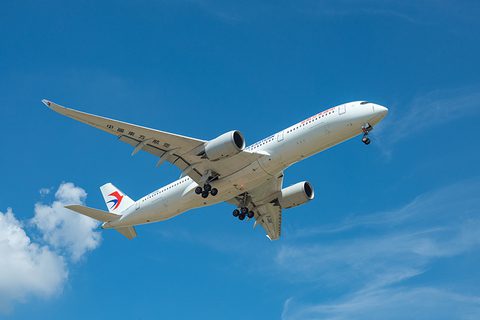
Transportation
Most international travelers enter China by air, arriving at major international airports such as Beijing Capital International Airport, Shanghai Pudong International Airport, and Guangzhou Baiyun International Airport.
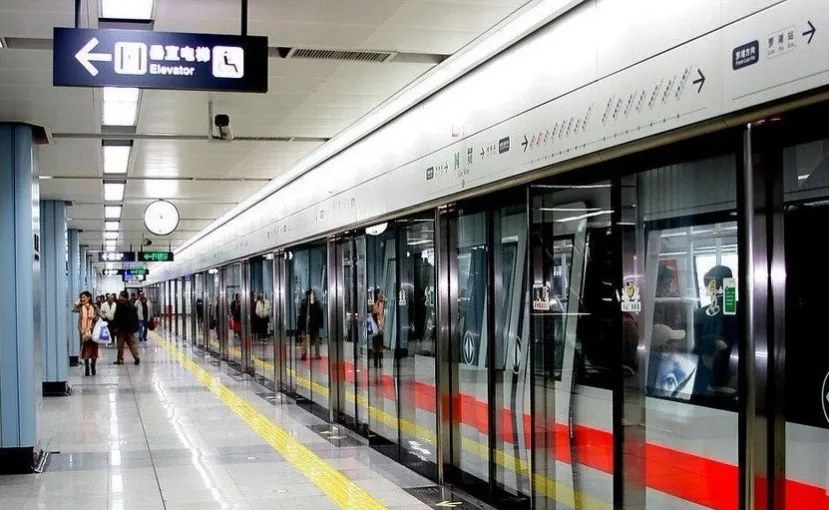
Subway
Major cities in China have well-developed subway networks, including Beijing, Shanghai, Guangzhou, Shenzhen, and more. Using the subway is incredibly convenient. Subway stations typically have English signage, and some cities offer metro apps (like Shanghai’s “Suishenxing”) with English interfaces for route planning and ticket purchases.
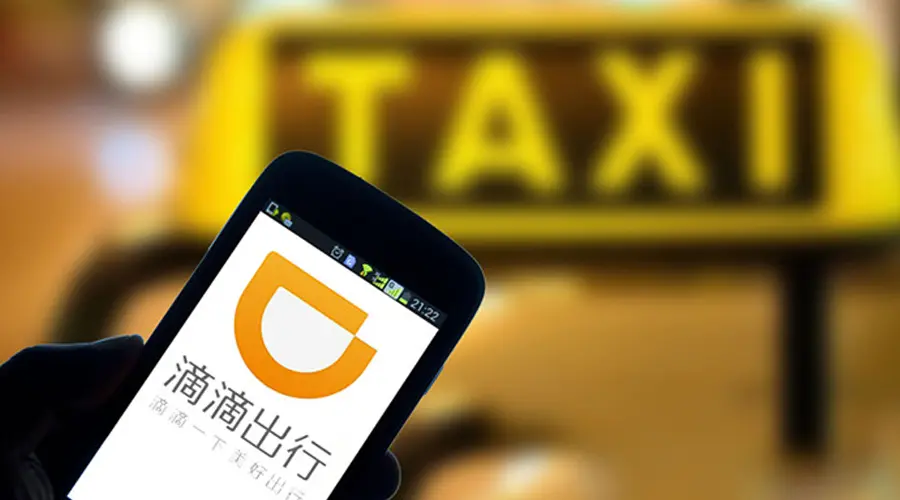
Taxis and Ride-Hailing Services
Taxis are widely available in urban areas but can be harder to find during peak hours. Didi Chuxing is China’s most popular ride-hailing service and offers English support, making it a reliable option for getting around.

High-Speed Rail
China’s high-speed rail system is one of the most popular intercity transportation options due to its speed and comfort. For short-distance travel between cities, high-speed trains are often the best choice. Tickets can be purchased through the 12306 website or app, though the site defaults to Chinese. You can use translation tools to navigate the process if needed.
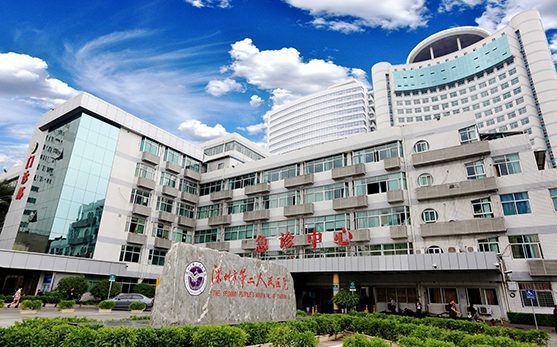
If you catch a cold or experience minor ailments, you can purchase over-the-counter medications at pharmacies like Dashenlin, Guoda Pharmacy, and Neptune Pharmacy. These stores usually have a green cross sign on their storefronts, making them easy to identify.
For professional medical services, hospitals are your best bet. Public healthcare institutions in mainland China are categorized into three tiers, with Tier 2 and Tier 3 hospitals offering more comprehensive services and better equipment. Major hospitals in large cities often have international departments that provide English-language services. In case of emergencies, you can dial the local emergency number 120 for immediate medical assistance.

While we hope your trip goes smoothly, it’s essential to be prepared for any unexpected situations. Save these national emergency numbers for mainland China, which can be dialed free of charge:
If you lose your travel documents or encounter serious emergencies such as natural disasters or legal issues, your country’s embassy or consulate in China will be an important point of contact. Keep their contact details (including address and phone number, usually available on their official websites) handy so you can reach out for guidance.
It’s also wise to keep your travel insurance policy number and your insurance company’s contact information readily accessible. This will help you seek assistance with claims or inquire about your coverage.
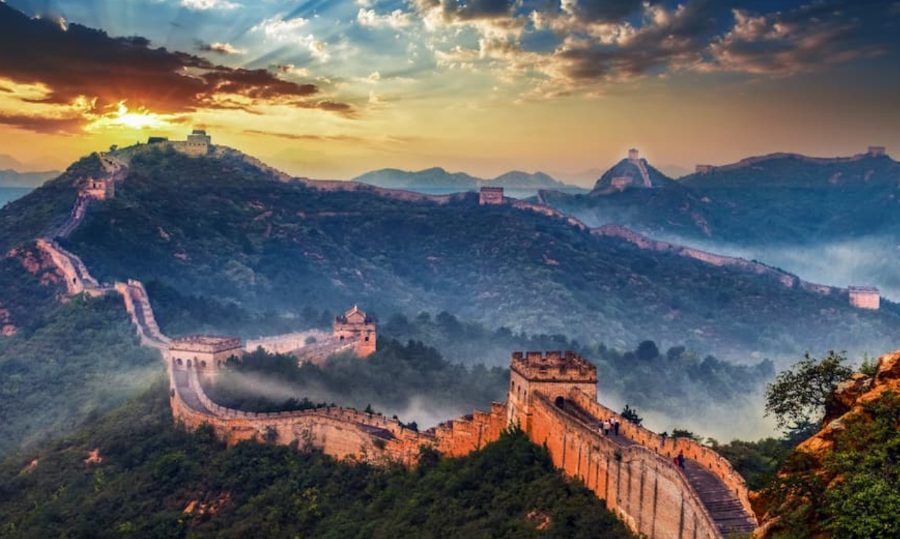
The Great Wall is one of the most iconic landmarks in China.
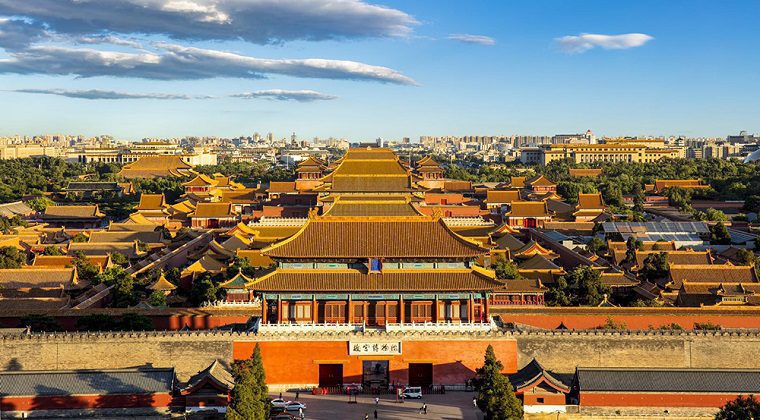
Historic Beijing landmark, former imperial palace, showcasing Chinese art and history.
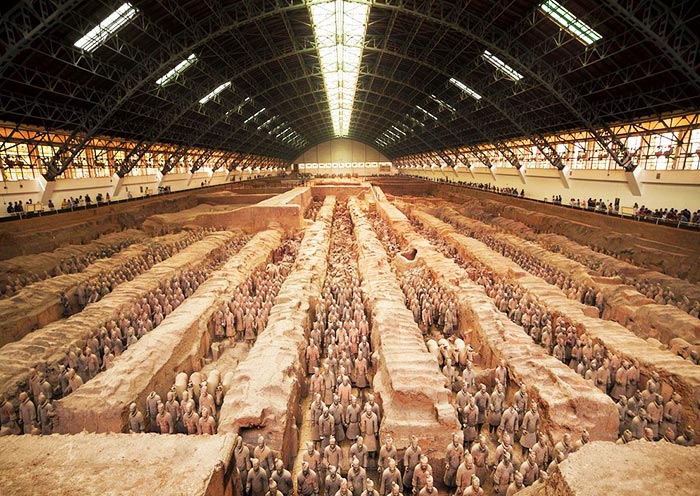
The Terracotta Army is one of the most famous archaeological discoveries in China.
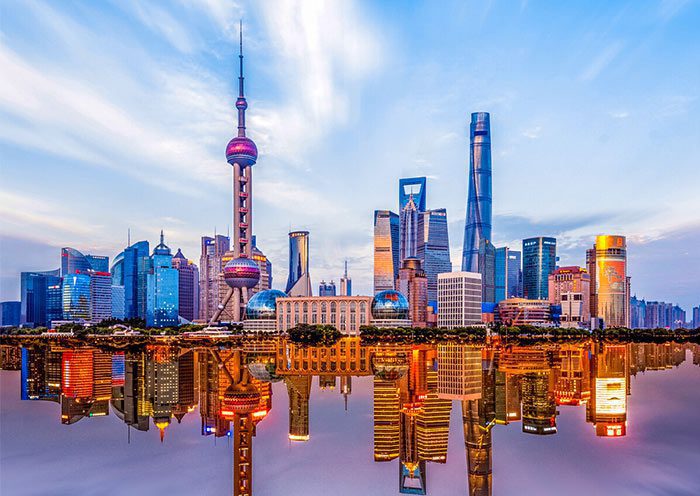
The Bund: Iconic Shanghai waterfront with historic buildings and modern skyline views.

Jiuzhaigou is renowned for its stunning natural beauty and colorful lakes.
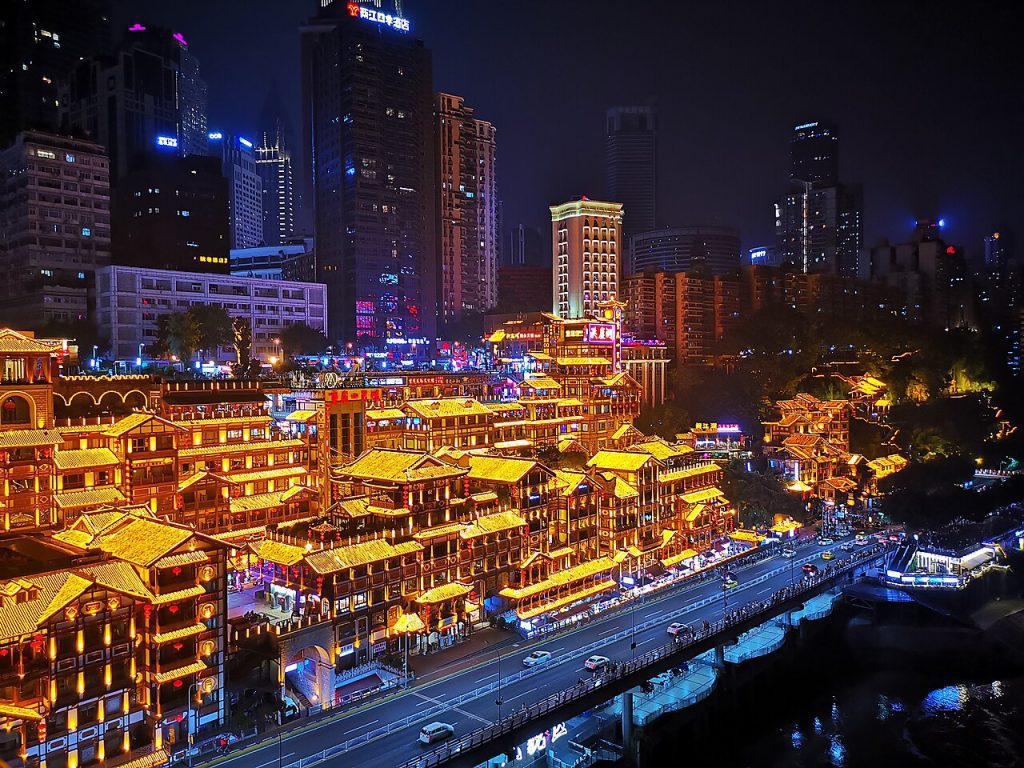
Cliffside buildings with stunning night views in Chongqing.
Traveling alone in China is generally considered safe, especially in well-developed urban areas and popular tourist destinations. The country has a low violent crime rate, efficient public security measures (like widespread surveillance and police presence), and reliable public transportation. However, as with solo travel anywhere, awareness and precautions are essential. Read more
While English is not widely spoken in China outside of major cities and tourist spots, using translation apps or learning a few basic phrases can greatly facilitate communication.
In China, smartphones handle most needs via mobile payments (e.g., WeChat/Alipay). Cash remains necessary for small vendors, rural areas, or phone outages.
In China, TikTok, Facebook, Twitter, and Google services are blocked. A reliable VPN is required to access them. Always check local laws and use cautiously.
Copyright © 1998-2025 All rights reserved.2026